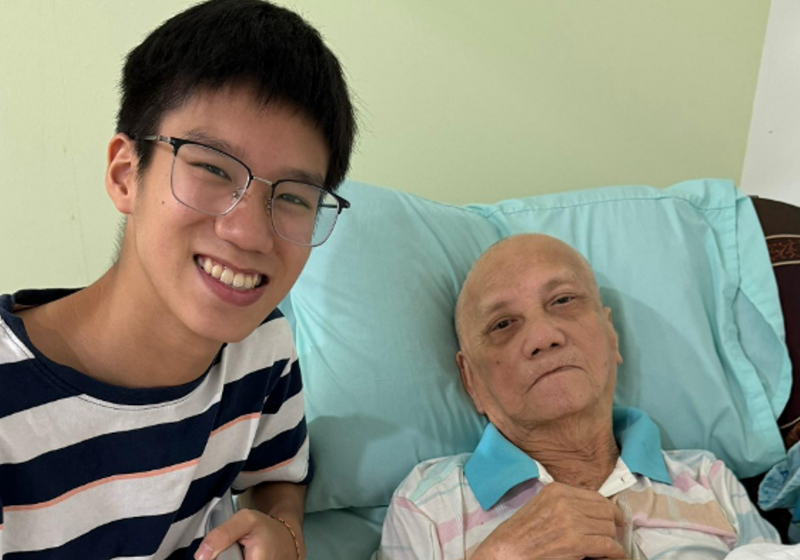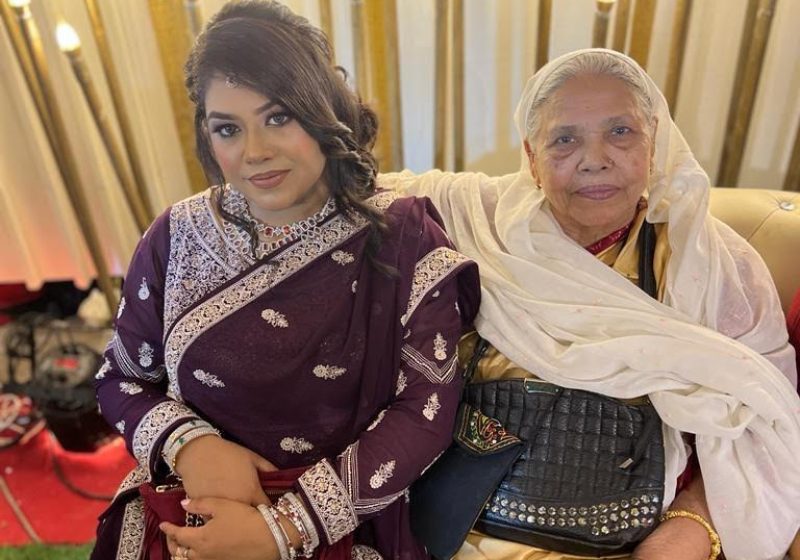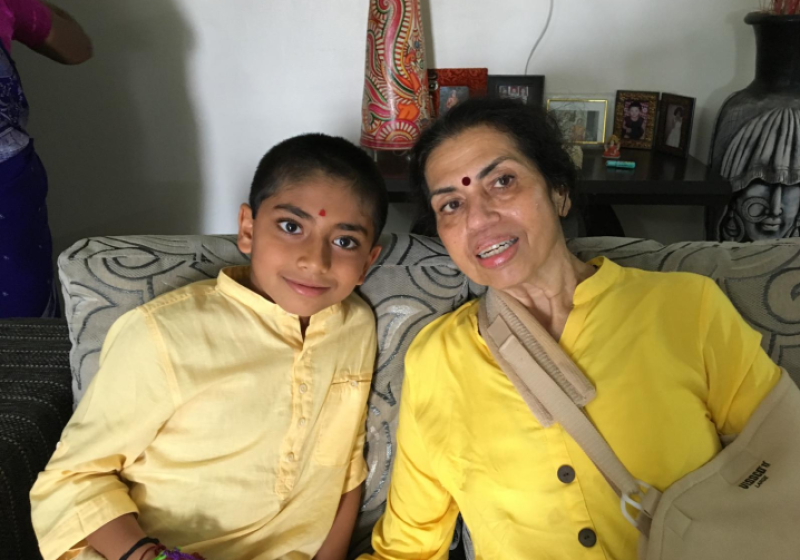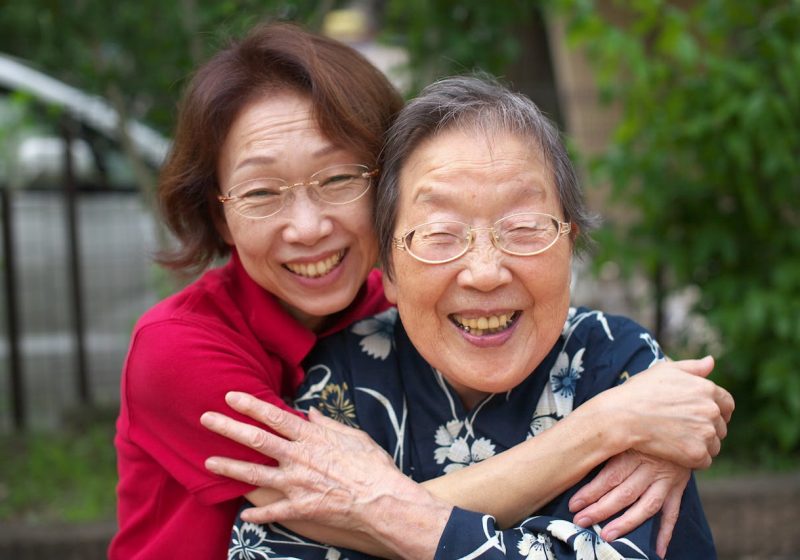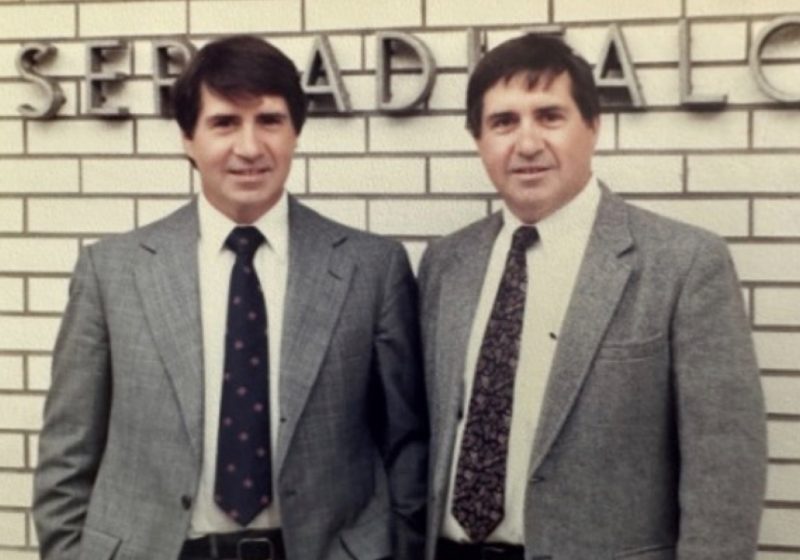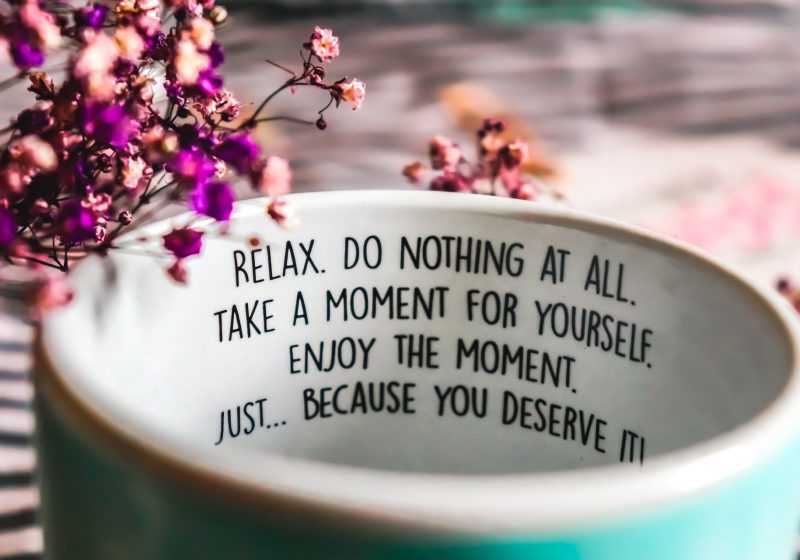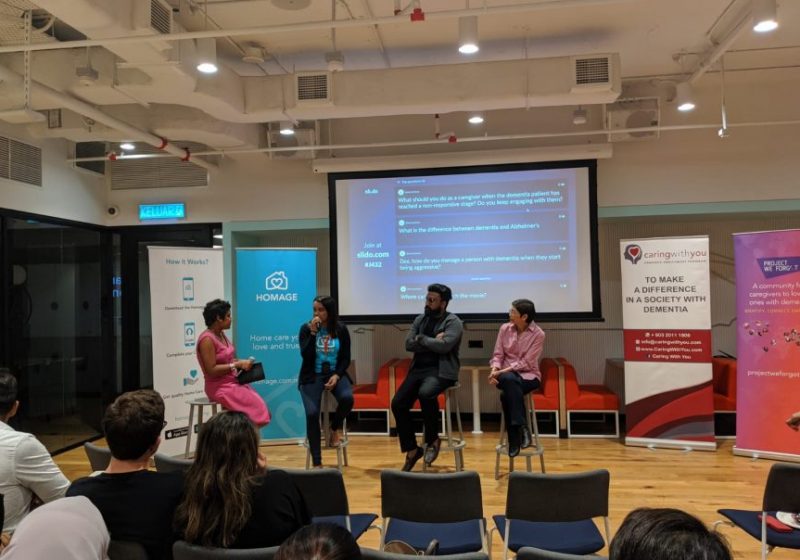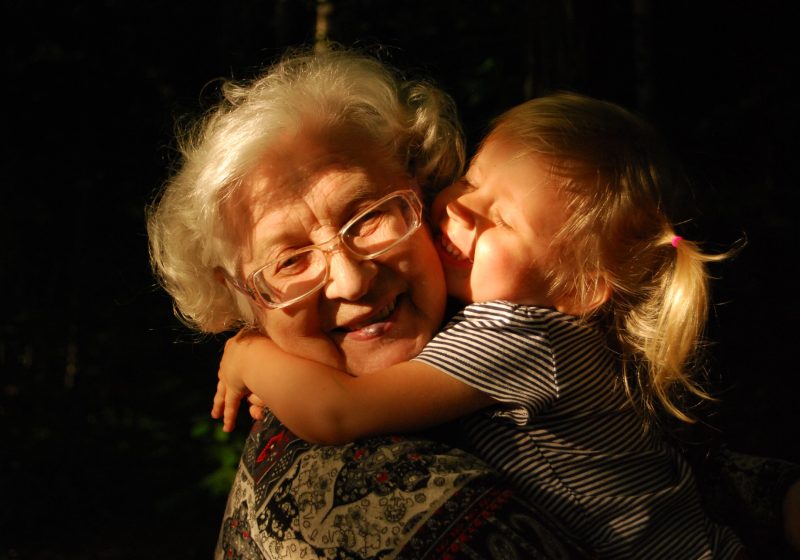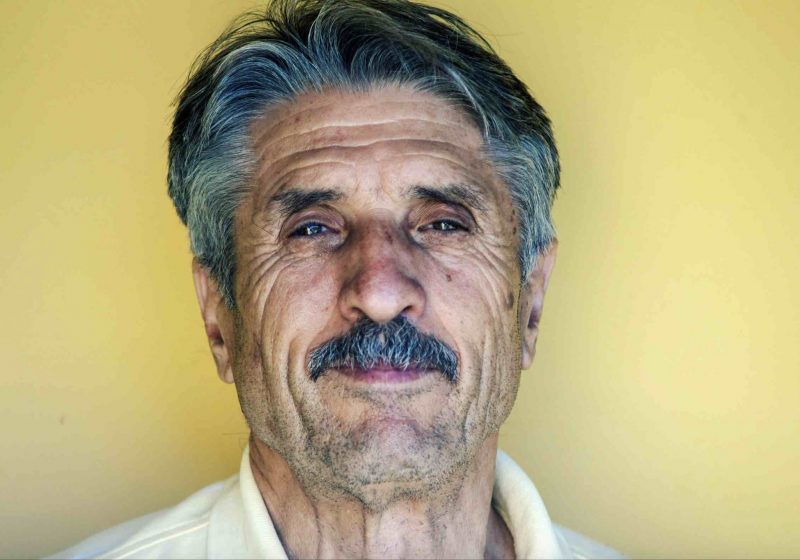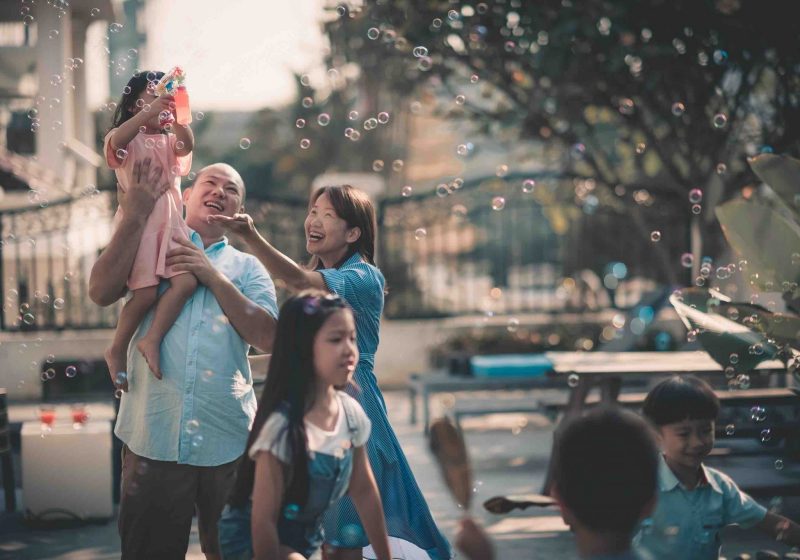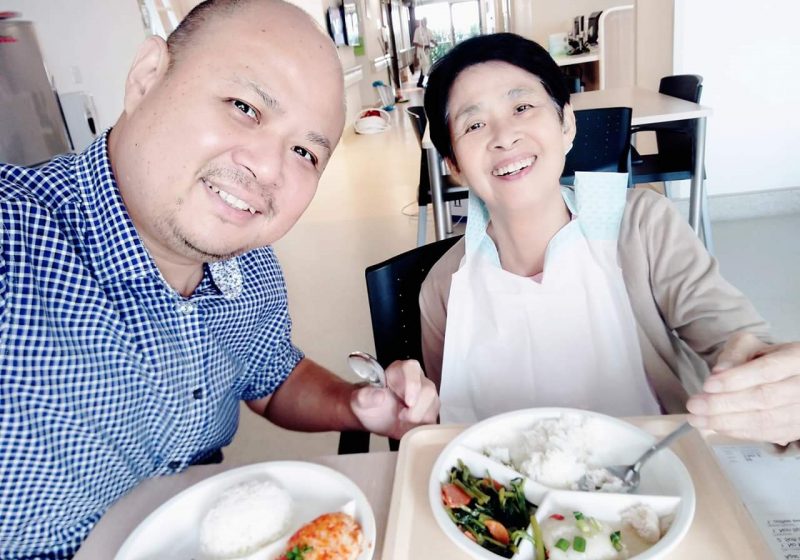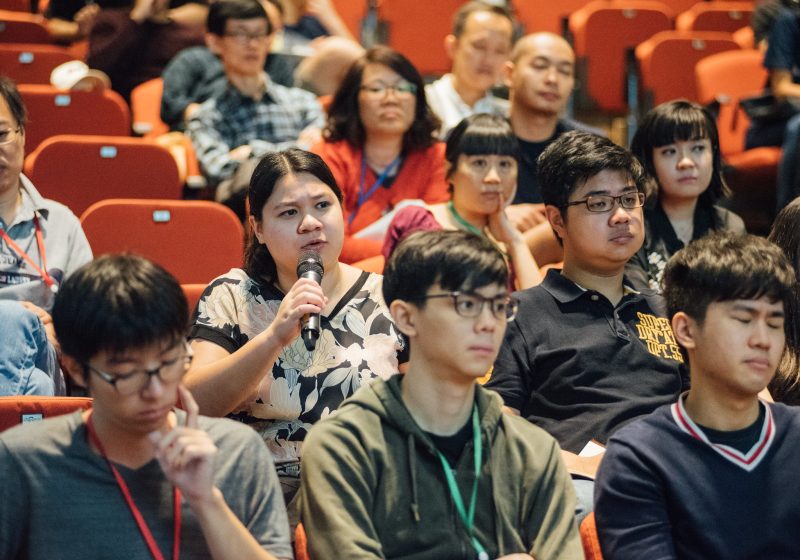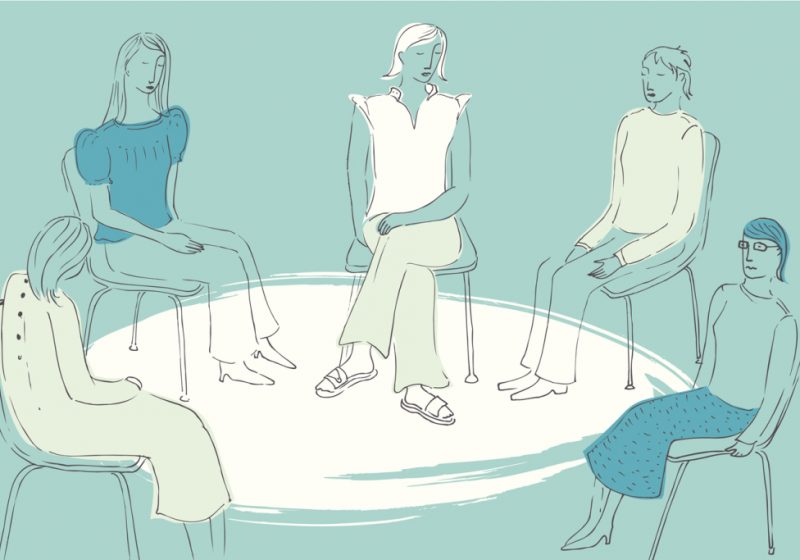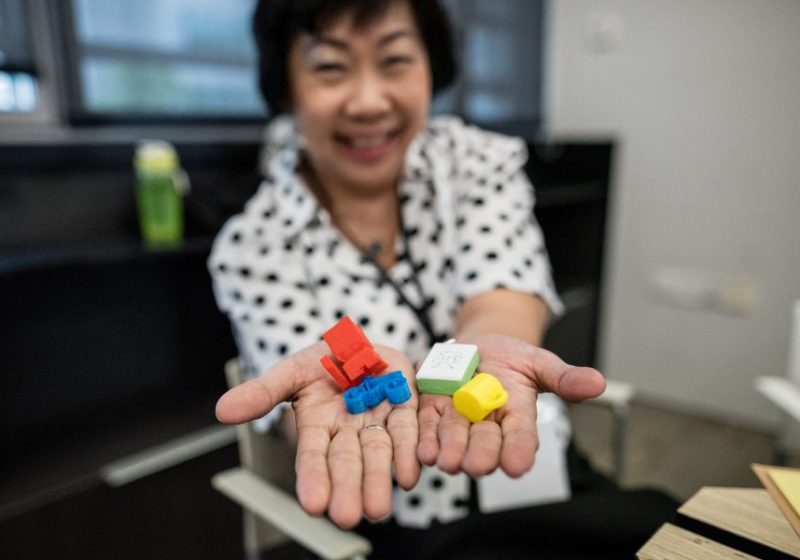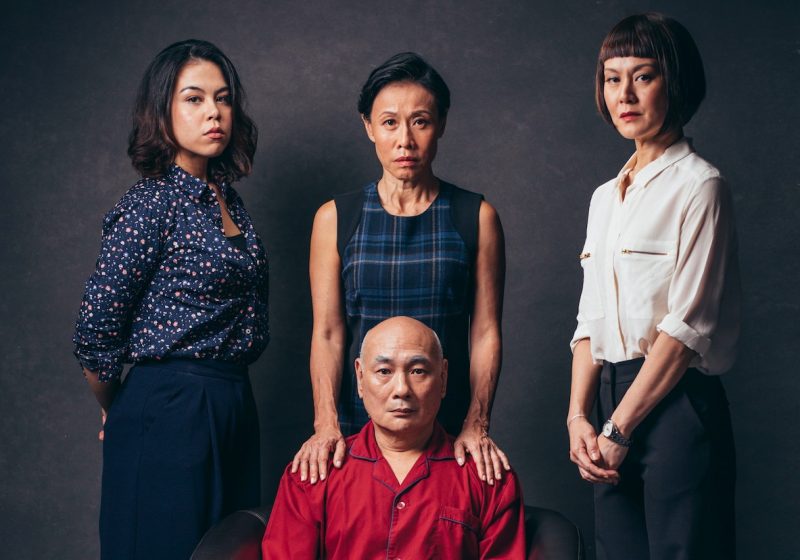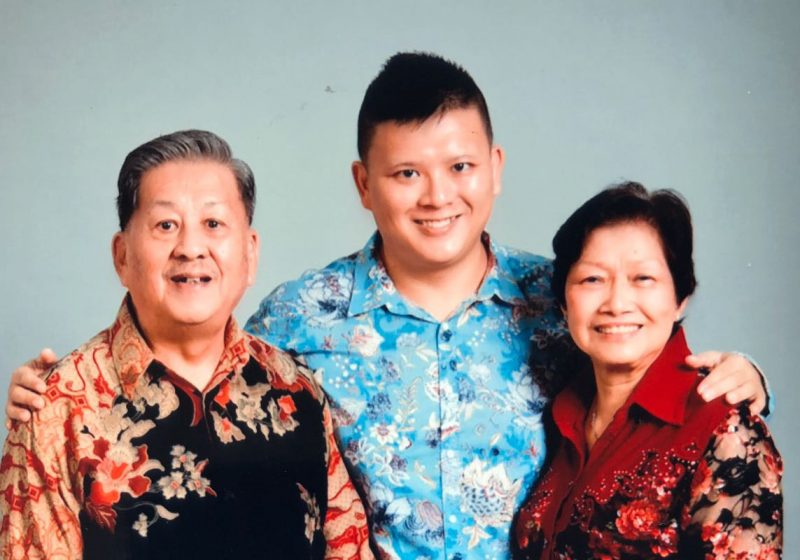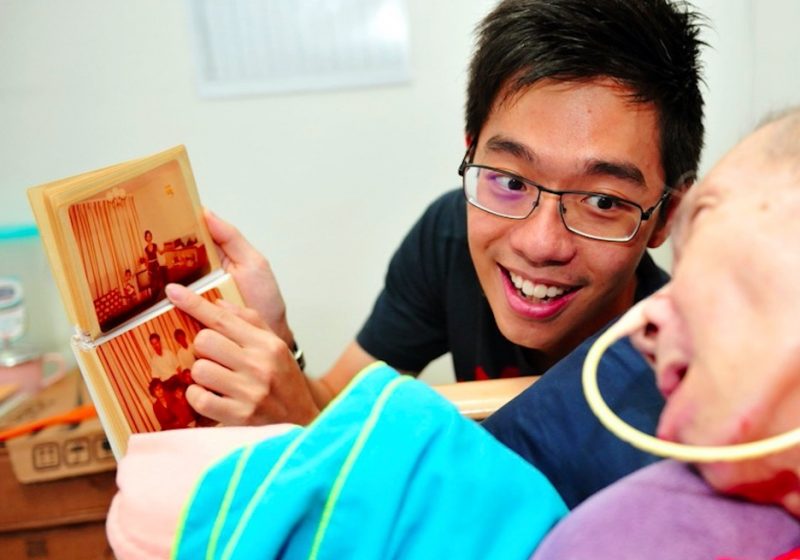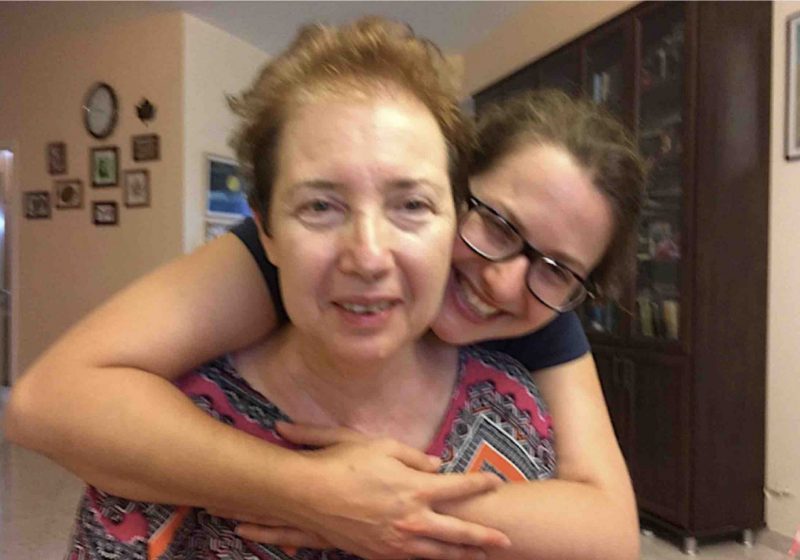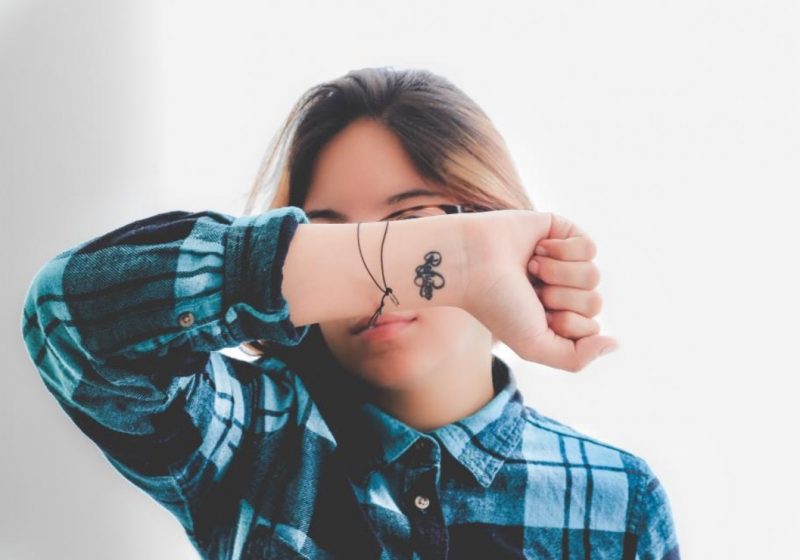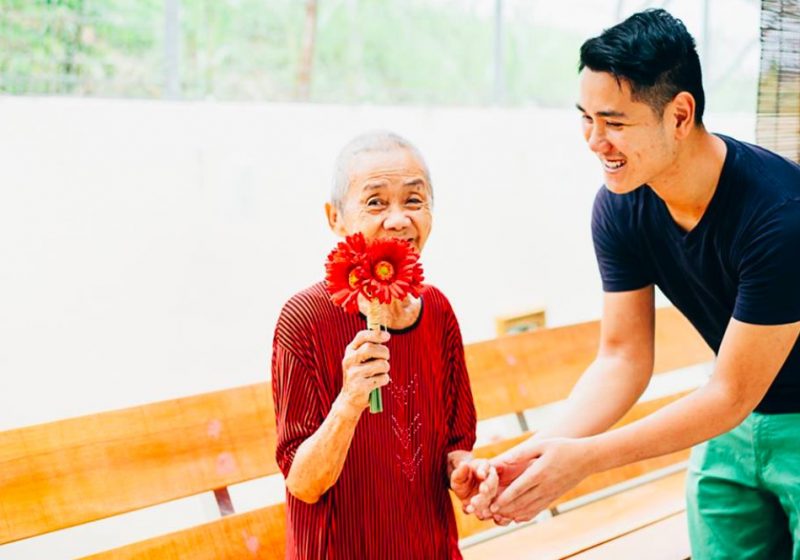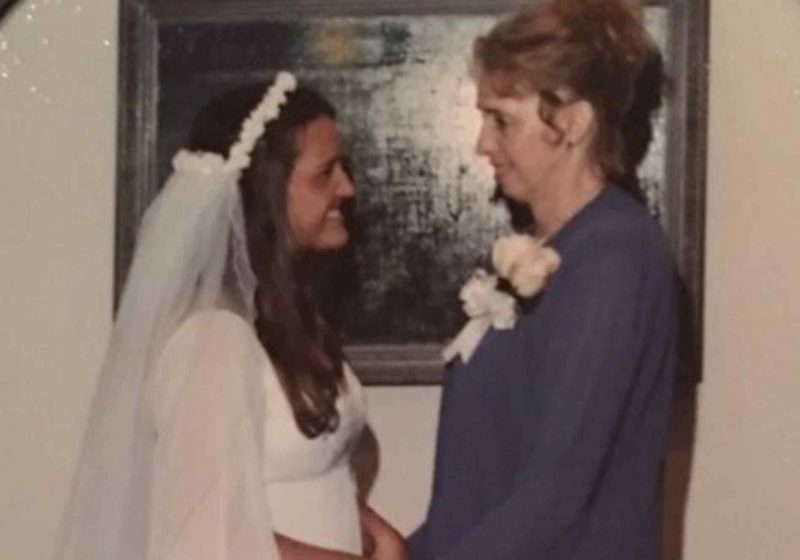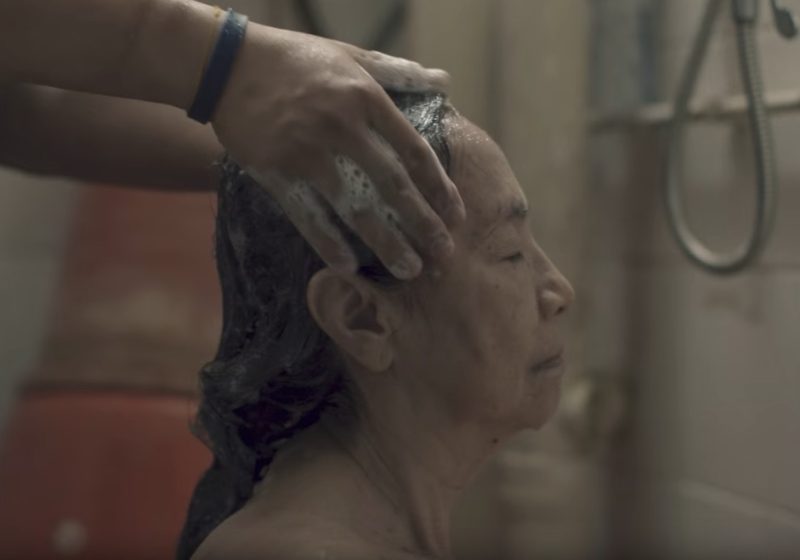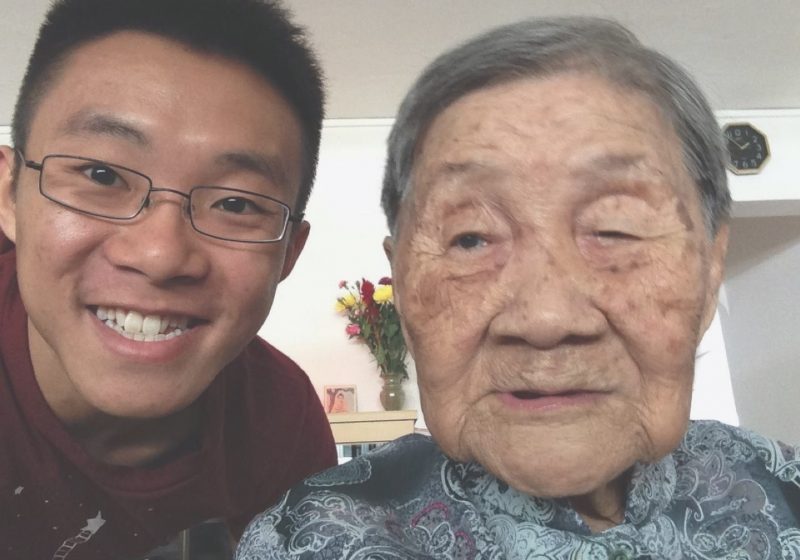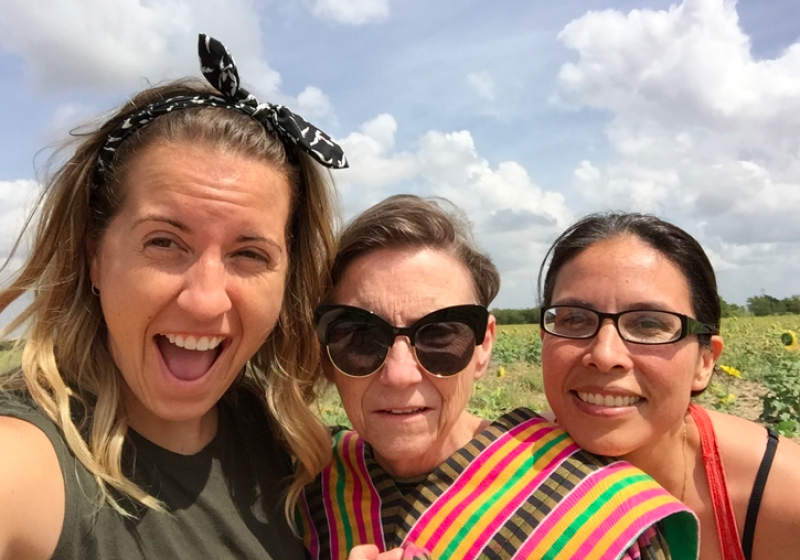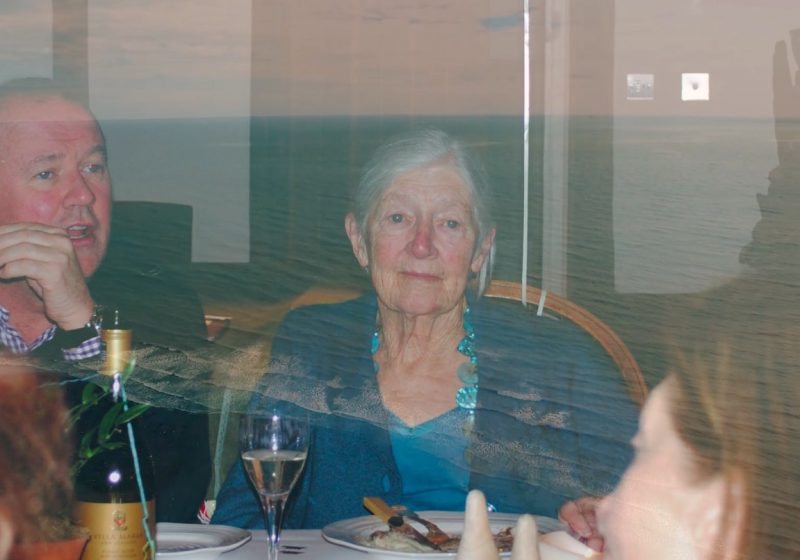I’ve learned to value failed conversations, missed connections, confusions. What remains is what’s unsaid, what’s underneath. Understanding on another level of being. – Anna Kamienska
By Jaime Pollard-Smith

One of the prompts for my writing group this month is to examine a missed connection. We are to explore a chance where we missed connecting with someone and invent a possible alternate reality where we do connect. As usual, my fellow writers activate their right brains and delve into writing fiction. I, on the other hand, look inward and immediately make the prompt about my life. Self exploration is the name of the game for me these days. But the idea of a missed connection immediately led me to my mom and a huge regret that lurks in the shadows of my heart and mind.
On the surface, my mother might seem like an odd choice. We are not estranged. I see her regularly, and we share a close bond even though we are very, very different. But the missed connection I am referencing happened about seven years ago, not long after she was diagnosed with early onset Alzheimer’s disease. I missed a golden opportunity that I will never get back.
My best friend lost her dad to Alzheimer’s eight years ago. In many ways, our situations are very similar. It is comforting to speak with someone who “gets it.” But she has one memory that I will never hold. She remembers when her dad was first diagnosed. Before his mind was stolen and he could still formulate his thoughts, she said they took a walk on the beach. He told her how much he loved her and that he was proud of her. He explained that a day would come when he would forget her name, but she would always be in his heart. This talk is my missed connection.
“It might be messy. It might be awkward but don’t wait. Speak your love, your fears, your regrets, your hurt. Always choose to have the talk.”
When my mom was diagnosed, for whatever the reason, it was decided that we would not discuss the “A” word. Both of her parents had Alzheimer’s, and we knew it was practically a death sentence. In the beginning, there almost seemed to a be a cloud of shame floating over our family. We kept the diagnosis a secret. We did not want people’s sympathy, and most importantly, we wanted to protect Mom from having uncomfortable and upsetting conversations.
Since this time, I have come to fully embrace the notion that the best way over is always through. It is far more damaging to dance around painful, tough issues than it is to face them head on. But at that point in my life, we had just lost my husband’s mom to a tragic car accident, and my dad was terrified faced with the devastation of losing his wife. I was in damage-control mode. My grieving husband and tiny children needed me. Steady the ship, Jaime. Bury the sadness – don’t bring it to the forefront. Put on a happy face.

Days, weeks, even months went by and I never discussed Mom’s diagnosis with her. We acted like things were okay. I was living in Colorado at the time, so we corresponded through email, texts and phone calls. I could hear the fear in her voice. I could sense the heartbreak when she had to leave teaching. She was so good at masking her sadness in front of my kids. Our days were numbered and Nana was fading, but we all worked to make the most of each moment. None of us wanted to waste a day discussing the elephant in the room.
Then one day Mom no longer remembered my name. It was the day my best friend’s father had warned her would come. I knew my mom was proud of me and loved me; she told me quite frequently when she still could, but we never had the talk. These days, the only talking I do with Mom is to give her orders. “Eat this.” “Let’s go to the bathroom.” “Put that down.” It is talking, but it is not the talk. We missed that connection.
I try not to dwell on the missed opportunity and perhaps consider it to be one last lesson Mom taught me. “Seize the moment, Jaime. Don’t be afraid of the pain; just walk straight towards it with an open heart.” She knows we were only trying to protect her and shield her from the pain, but hindsight is always 20/20. I would like to tell her that the message was received. Most people who know me would confirm that I live my life out loud. I am an open book who makes no attempt to hide my beautiful mess.
Kintsukuroi, a Japanese art form, involves repairing broken pottery by filling the cracks with gold. The process turns brokenness into beauty and increases the value. Perhaps it can be the same with missed connections. I have significant cracks formed by regret and grief, but I will do my best to fill them with love and wisdom harnessed from my experience.
It might be messy. It might be awkward but don’t wait. Speak your love, your fears, your regrets, your hurt. Always choose to have the talk.
Jaime Pollard-Smith is a full-time writing instructor with a Master of Arts from New York University. She is a reader, writer, nature lover, lifter and wandering soul trying to figure it all out. She has been writing and documenting her family’s journey with Alzheimer’s.
Read her “Unbecoming” blog here.


